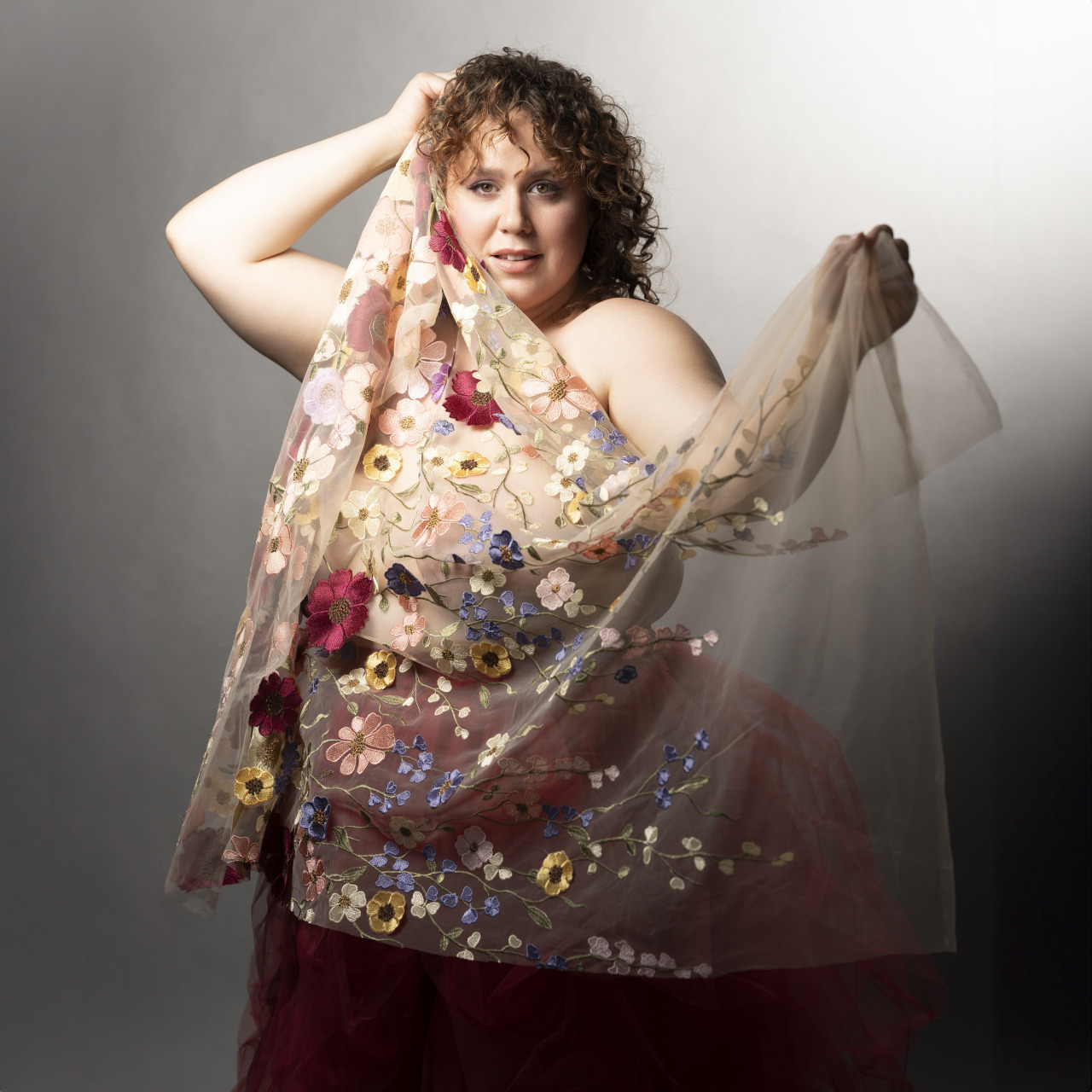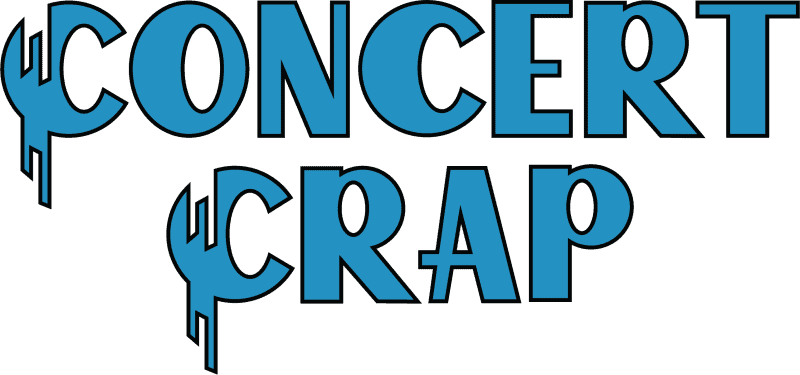
Today, I have the pleasure of chatting with Ariel Arbisser, a singer-songwriter whose music weaves contemporary pop with a touch of nostalgia for a sound she aptly dubs “dramatic electro pop.” Inspired by the music of Sara Bareilles, Adele, Alice Russell, and Laura Nyro, Ariel’s recent singles and upcoming album, Ingenue Corrupt, overflow with an emotional depth and vulnerability that can only be described as altogether breathtaking and empowering.
Check out our interview below.
Congrats on the release of “On My Knees”! You’ve spoken about the empowerment you feel while performing “On My Knees.” How does this track contribute to your message of taking control and owning one’s choices in relationships?
“On My Knees” explains the reality of what consensual power play can look like in a healthy sexual relationship.
Until recently I had a conflicted view of myself for being drawn to this dynamic — especially following an abusive relationship.
I got in my head thinking I fell prey to abuse because of my interests or that the remaining interest in this dynamic post-abuse indicated a resistance to healing the trauma. But that’s not the case.
Fantasies are just that. Consensual play requires enthusiastic, embodied consent. If I choose to take on a more submissive role in the bedroom (or anywhere else), it’s my decision. I say when and where and for how long.
Reframing my sexual relationships was one of the most empowering experiences and I hope to impart that understanding on others, whether or not it’s their vibe.
You’ve talked very openly about being in an abusive relationship and the music that came out of it. Can you talk to me a little about that channeling?
I’d love to. During the abuse I completely lost track of my connection to music and to almost everything in my life including myself. My album “Ingenue Corrupt” was written in full during the processing and healing after that relationship ended, as I came back to myself and my artistry. The lows on the album don’t reflect the relationship itself but the sometimes painful processing that comes with working through trauma, and the highs are some of the rewards I’ve been so lucky to enjoy since getting through the worst of it.
Writing, producing, performing, and now releasing these thoughts and melodies into the world has been incredibly therapeutic and reinforces the work I’ve done to get here.
What would you like to say to anyone who is in any situation — relationship, career, friendship— where they’re feeling lost, or unsure, or just needing some guidance?
I’m definitely not a therapist as my therapist would probably say. But a few thoughts immediately come to mind.
1) Give yourself time. Most people who know me, especially those who’ve worked with me creatively, know that I tend to be indecisive sometimes. I applaud the patience of my collaborators. In the end though, once I’ve sat with the discomfort of the indecisiveness, gathered all the opinions, considered all the factors, I usually come out of it crystal clear and confident with my choice.
2) Allow joy to be a factor in the direction of your journey. It sounds wild to say, but it wasn’t until my 20s that I realized I’d never allowed joy to influence big decisions in my life. It’s no surprise I was deeply depressed. In that moment I chose to shift my priorities and that’s kind of how I ended up making music.
3) Create your own idea of success. Your idea of success doesn’t relate to anyone else’s. Though it can sometimes be hard to separate the expectations we have of ourselves from those of our family, society, our partners, etc. We benefit so much by setting our own dreams and destinations.
Does “success” to you mean landing a dream job? Or does “success” maybe mean finding a life that pays the bills and keeps you creative and inspired? Does “success” mean your kids going to a great college? Or does “success” mean your kids are healthy and happy and loved? I fear that if we don’t stop to deliberately consider these things, we can quickly find ourselves living a life that looks pretty from the outside but feels like a cage from within.
How do you balance vulnerability and strength in your songwriting, especially when addressing personal and sensitive topics like you do?
I don’t think of it as a balancing act. To me, vulnerability is strength. It takes so much courage to be authentic in what we share with the world. I’m honored to lower my walls and offer up my experiences as a catalyst for listeners to process their own lives and emotions.
A lot of us need something to crack us open – we walk around with this armor all the time. But armor can be heavy and creates barriers in our relationships and in our relationships with ourselves. I’d like to believe my willingness to be vulnerable makes it easier for the next person to do so.
In “Bred for This,” you touch upon societal conditioning and the way women are often trained to excuse bad behavior, which I thought was such a powerful message. Could you talk more about that and the decision to include that in your songwriting?
Thank you for asking, yes! It’s probably no surprise that “Bred For This” was born (ha!) out of processing my abuse in therapy.
As many survivors can probably relate, it’s all too easy to blame ourselves for ending up in dangerous and cruel relationships. “I pick the wrong men.” “Why do I like being mistreated?” “If I hadn’t said that, things wouldn’t have escalated.” “I guess maybe I gave mixed signals and it wasn’t their fault.” etc.
It took me a long time to realize that *I* wasn’t defective for seeing a pattern of unequal romantic and platonic relationships in my history. I’d been trained to view that as normal. Women have historically been stuck in this vicious cycle – we’re trained to accept mistreatment and even be grateful for it. We’re trained to offer the benefit of the doubt, to prioritize the comfort of others over our own comfort and safety. We’re trained to protect the reputation of manipulators and abusers not only to shield them from judgment or ostracization but to avoid scrutiny and humiliation ourselves. And, historically, women who’ve spoken up or fought against these expectations have been labeled witches, crazy, too emotional, or hysterical. An entire generation of women were drugged and lobotomized. It’s a horrific history and one that still contributes to our mistreatment.
“Bred For This” came out of my rage as I processed the realization that, in a lot of ways, my whole life prepared me for abuse – and I’m not alone in that. Well I said that out loud.
Your upcoming album “Ingenue Corrupt” seems to symbolize a deep personal evolution. How do you envision this album resonating with your audience as they listen through each track? What do you hope they take from it?
My first album was my 20s wrapped up in a sweet bow. Looking back it still feels so intimate and relevant but also like a completely different life I can’t quite recognize anymore. “Ingenue Corrupt” is happening now. It’s my last two years. It represents such immense work and growth on my end. I might sound a little pompous about it but I feel incredibly proud of the journey I’ve been on and continue to explore. Scratch that I feel incredibly proud of my journey, no qualifications. Full stop.
One of the reasons I feel so passionately about sharing such personal parts of my life is the thought it might inspire even one person to realize wherever they are now, whatever they might be feeling. It could be different tomorrow if they show themselves some patience, some tenderness, and if they do the work.
Looking ahead, what aspirations or goals do you have for this album and your music as a whole, and how do you see all of that progressing beyond the release of “Ingenue Corrupt”?
My goal for this album is for people to hear it and to get the message of recovery and self embodiment/empowerment into the world. The questions for this interview delighted me because they demonstrate my dreams are coming true. The messages are there. I know that because you’re asking about them and I’m so grateful to have the opportunity to express my thoughts more expansively. I’d love to believe that everyone who listens to this album will find something to love and some song that “fits” them where they are now.
Where can fans find you?
I’m findable on all social media sites under @ArielArbisser – though I’m most active on IG, FB, and TikTok. Come find me. Say hi! Give me a follow. I’d love to stay connected moving forward.
Thank you for talking to me! Is there anything else you’d like to add?
Thank you for your time. I’m so grateful to my friends, family, and my bandmates and collaborators for making this album a reality. It takes a village and mine is rad.
Comment below.
LEAVE A VOICEMAIL OR TEXT:
909-296-1533
FOLLOW US!
Instagram l Facebook l Youtube l Twitter
LISTEN TO US!
Spotify l Anchor l Google Podcasts
SUPPORT US!
Patreon l Venmo l Cash App l Paypal
AND ‘SUBSCRIBE’ to our email newsletter to know the very moment a new post is published!
#ConcertCrap


Leave a Reply